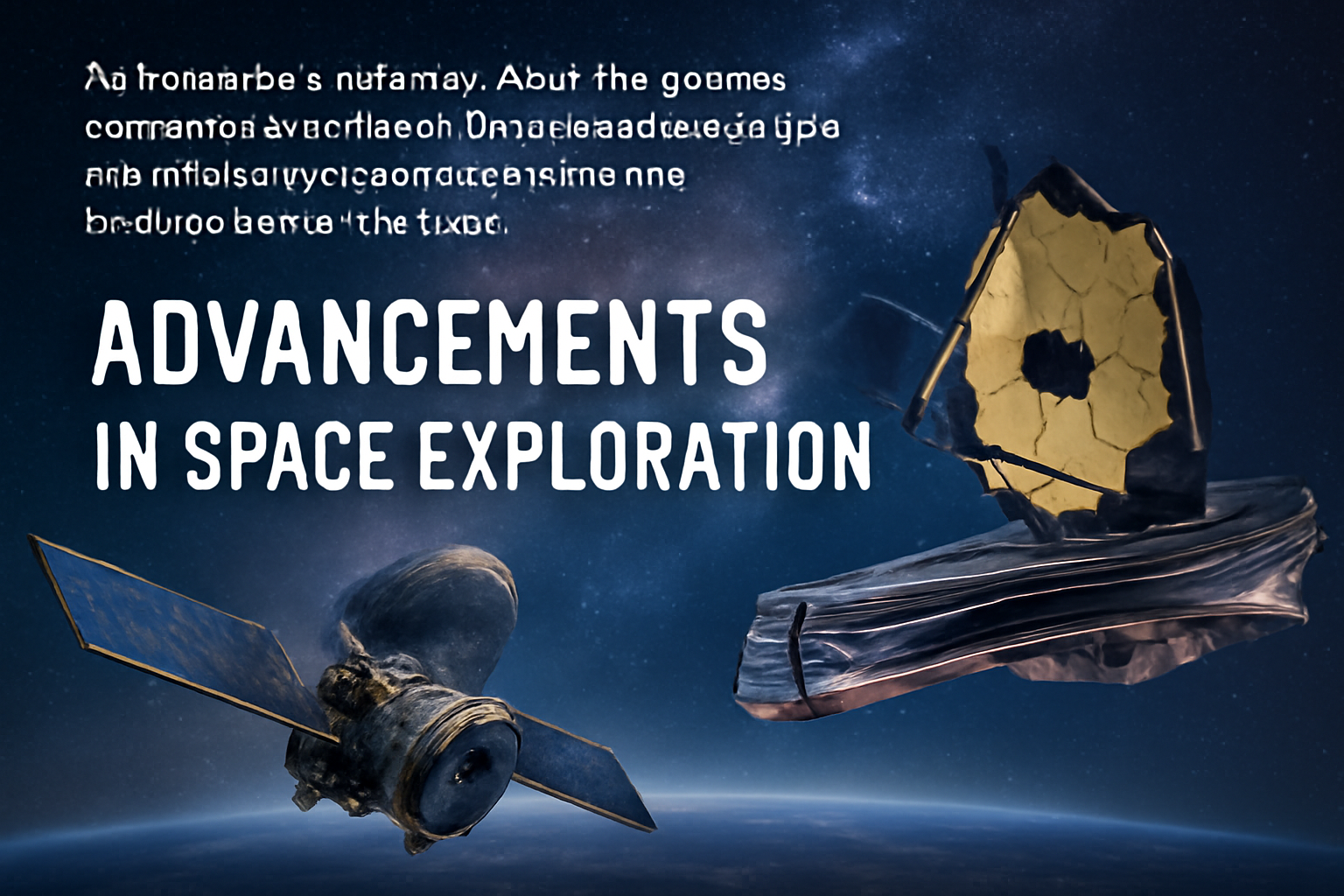Location
Mount Vernon, WA 98274
Location
Mount Vernon, WA 98274

As humanity's curiosity about the cosmos continues to expand, innovative technologies are propelling space exploration into uncharted territories. From autonomous spacecraft to advanced telescopes, these advancements are reshaping our understanding of the universe.
In recent years, the realm of space exploration has witnessed a technological renaissance that fuels humanity’s insatiable curiosity about the cosmos. With a growing number of missions targeting distant planets, moons, and even asteroids, the tools and technologies employed in these endeavors are becoming more sophisticated than ever.
One of the most exciting frontiers in space exploration is the development of autonomous spacecraft. These machines are designed to operate independently, making decisions based on environmental cues and mission parameters. For instance, NASA’s Perseverance Rover, which landed on Mars in 2021, is equipped with advanced AI that allows it to navigate the Martian terrain without real-time input from Earth. Such autonomy not only enhances the efficiency of space missions but also reduces risks associated with communication delays, which can be critical when exploring remote areas.
Meanwhile, the emergence of next-generation telescopes is revolutionizing our ability to observe celestial phenomena. The James Webb Space Telescope (JWST), launched in late 2021, is designed to peer deeper into the universe than ever before. By capturing infrared light, JWST can explore the atmospheres of exoplanets, observe the formation of stars and galaxies, and even investigate the early universe. Its capabilities promise to answer fundamental questions about the origins of cosmic structures and the potential for life beyond Earth.
Additionally, private enterprises are making significant strides in space exploration, further illustrating the collaborative spirit of this field. Companies like SpaceX are developing reusable rocket technology, which has drastically reduced the cost of launching payloads into space. This innovation not only makes space more accessible for scientific missions but also paves the way for potential human colonization of other planets. SpaceX’s Starship, currently under development, aims to facilitate travel to Mars, echoing the dreams of generations past.
Moreover, as we delve deeper into space, ethical considerations surrounding exploration are becoming increasingly prominent. Questions about planetary protection, the preservation of celestial bodies, and the potential for contamination are leading to discussions on sustainable exploration practices. Organizations like the International Academy of Astronautics are advocating for frameworks that ensure responsible exploration as we push the boundaries of our cosmic curiosity.
As we stand at the cusp of a new era in space exploration, the fusion of cutting-edge technology, collaborative efforts, and ethical considerations sets the stage for profound discoveries. Each mission not only seeks to unveil the mysteries of our universe but also ignites a sense of wonder and curiosity that transcends borders and generations. The quest for knowledge about the cosmos is far from over, and as we continue to innovate, the possibilities are as limitless as space itself.